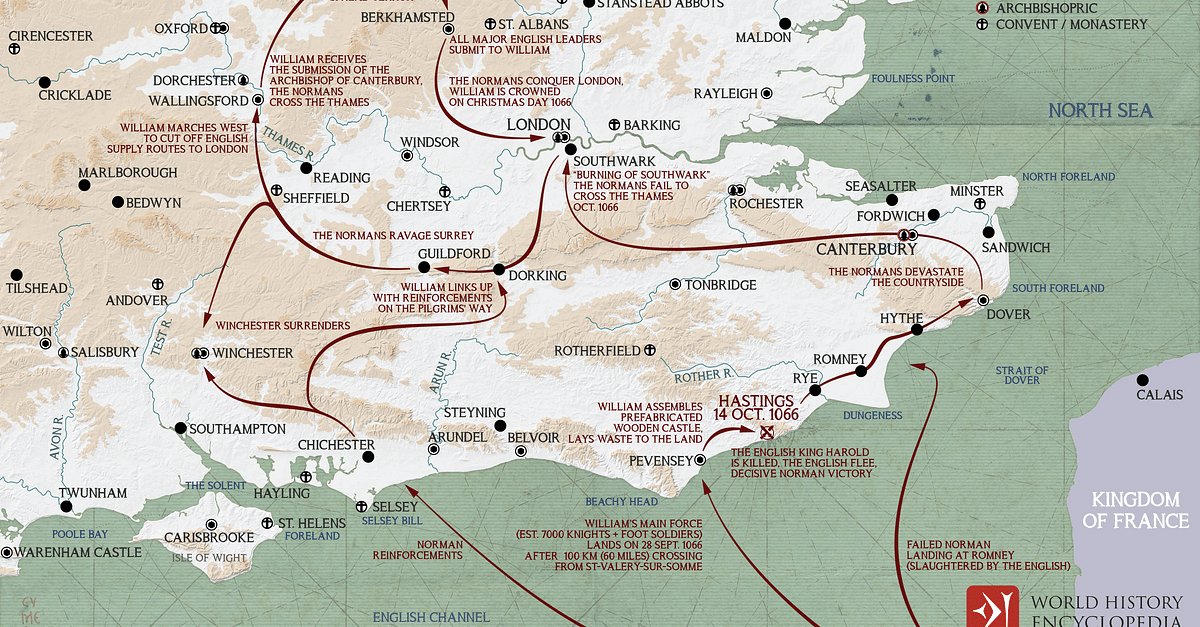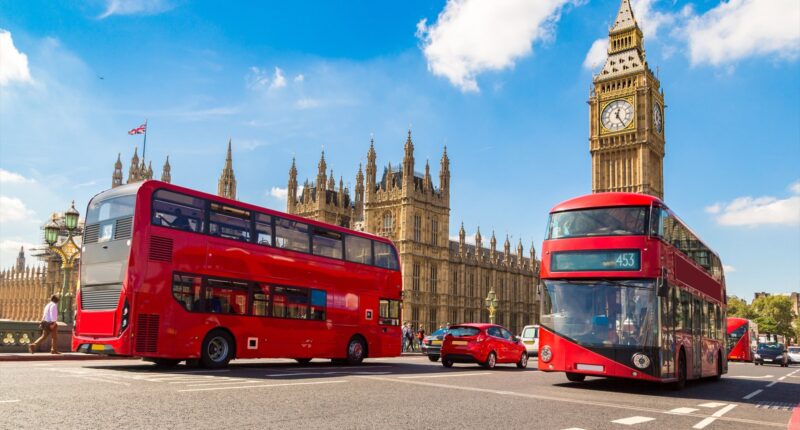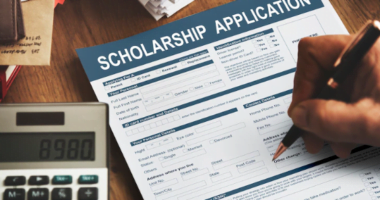Let’s find out “What Was England Called Before 1066?” Most people know that England is a country located in northwestern Europe. But did you know that England wasn’t always called by that name?
In fact, the name “England” is derived from the Old English name Englaland, which means “land of the Angles.” So, what was England called before it was called England?

Table of Contents
The Anglo-Saxon Period
The Anglo-Saxon period in England is generally considered to have lasted from around the 5th century AD to the Norman Conquest in 1066. The Anglo-Saxons were a group of Germanic tribes who migrated to Britain from continental Europe. They settled in England and Wales, and their language, Old English, eventually became the dominant language of the country.
During the Anglo-Saxon period, England was divided into a number of small kingdoms. These kingdoms were often at war with each other, and this period was marked by a lot of fighting and bloodshed. In addition, the Anglo-Saxons had to defend their lands against attacks from Viking raiders.
The Anglo-Saxon period was a time of great change for England. The arrival of the Anglo-Saxons led to the end of Roman rule in Britain, and the country began to develop its own unique culture and identity. This process was continued by the Normans after they conquered England in 1066.
The Norman Conquest
England was not always called England. In fact, the country has had many different names over the centuries. The name England comes from the Old English Englaland, which means “land of the Angles”. The Angles were one of the Germanic tribes that settled in Britain during the 5th and 6th centuries.
Before the Angles arrived, the British Isles were inhabited by Celtic peoples. The Celts originally came from mainland Europe and settled in Ireland, Scotland, Wales, and Cornwall. The Celts had their own language and culture, which was very different from the Anglo-Saxon culture that would later develop in England.
The first recorded use of the name England is from around the year 600, when the Anglo-Saxon Chronicle referred to the country as Engla land. This is also around the time when England began to emerge as a distinct country separate from Scotland, Wales, and Ireland.
The Anglo-Saxon period came to an end in 1066 with the Norman Conquest. The Normans were a people from northern France who conquered England and ruled the country for centuries afterward. After the Norman Conquest, England was often referred to as Anglia or Anglorum Terra–the Land of the Angles.
The name England continued to be used throughout the Middle Ages and the Early Modern period. It wasn’t until the 17th century that the country began to be called simply “Britain” or “Great Britain”. The name “United Kingdom” wasn’t used until 1801, when it was adopted as the official name of the political union between England and Scotland.
Today, England is often referred to simply as “England”, although “Great Britain” and “the United Kingdom” are still commonly used terms.
The Middle Ages
England was called Britannia during the Middle Ages. The name Britannia comes from the Latin word for Britain, which is Britanni. The name England comes from the Old English Englaland, which means “land of the Angles”. The Angles were a Germanic tribe that settled in England in the 5th century.
Who ruled England before the Romans?
The ruling power in England before the Romans was a group of people known as the Celts. The Celts were comprised of many smaller tribes that occupied what is now England, Wales, and Scotland. These tribes were often at war with each other, which made it difficult for them to unite and form a strong centralized government.
The Celts were eventually conquered by the Romans in 43 AD. After the Romans left England in 410 AD, the country was ruled by a succession of different groups, including the Angles, Saxons, Danes, and Normans. Each of these groups left its own mark on English culture and language.
England Today

England is a country located in the British Isles. It is the largest and most populous country in the islands, and its territory covers the majority of the island of Great Britain. England is a constitutional monarchy with a parliamentary system of government, and its capital is London.
The England that we know today has a long and varied history. The name “England” is derived from Old English Englaland, which means “land of the Angles”. The Angles were one of the Germanic peoples who settled in Britain during the 5th and 6th centuries. England has been inhabited by humans for over 700,000 years, and its recorded history goes back to the Roman conquest of Britain in 43 AD.
Since then, England has been through a lot of changes. It has been ruled by Romans, Saxons, Vikings, Normans, and many others. In 1066, William the Conqueror invaded England and conquered it from the native Anglo-Saxons. This event marked the beginning of the Norman Conquest, which had a profound impact on English society, language, and culture.
Over the centuries, England has been shaped by its interactions with other nations. For instance, its relationship with France led to the Hundred Years’ War, while its colonization of North America resulted in the American Revolution. England has also been an important player in European history, participating in both world wars.
Today, England is a diverse and multicultural country. It is home to people from all over the world, and its culture has been influenced by many different factors.
Conclusion
It is fascinating to think about what England was called before it was named England. It is clear that the country has undergone a lot of changes over the years, and it is interesting to think about how those changes have affected its name. We hope you have enjoyed learning a little bit about the history of England’s name and that you will continue to explore the country’s rich history in the future.
Feel free to read: Who Is Shaheen Afridi Wife? Age, Height, Net Worth, Salary, Family, And Career









